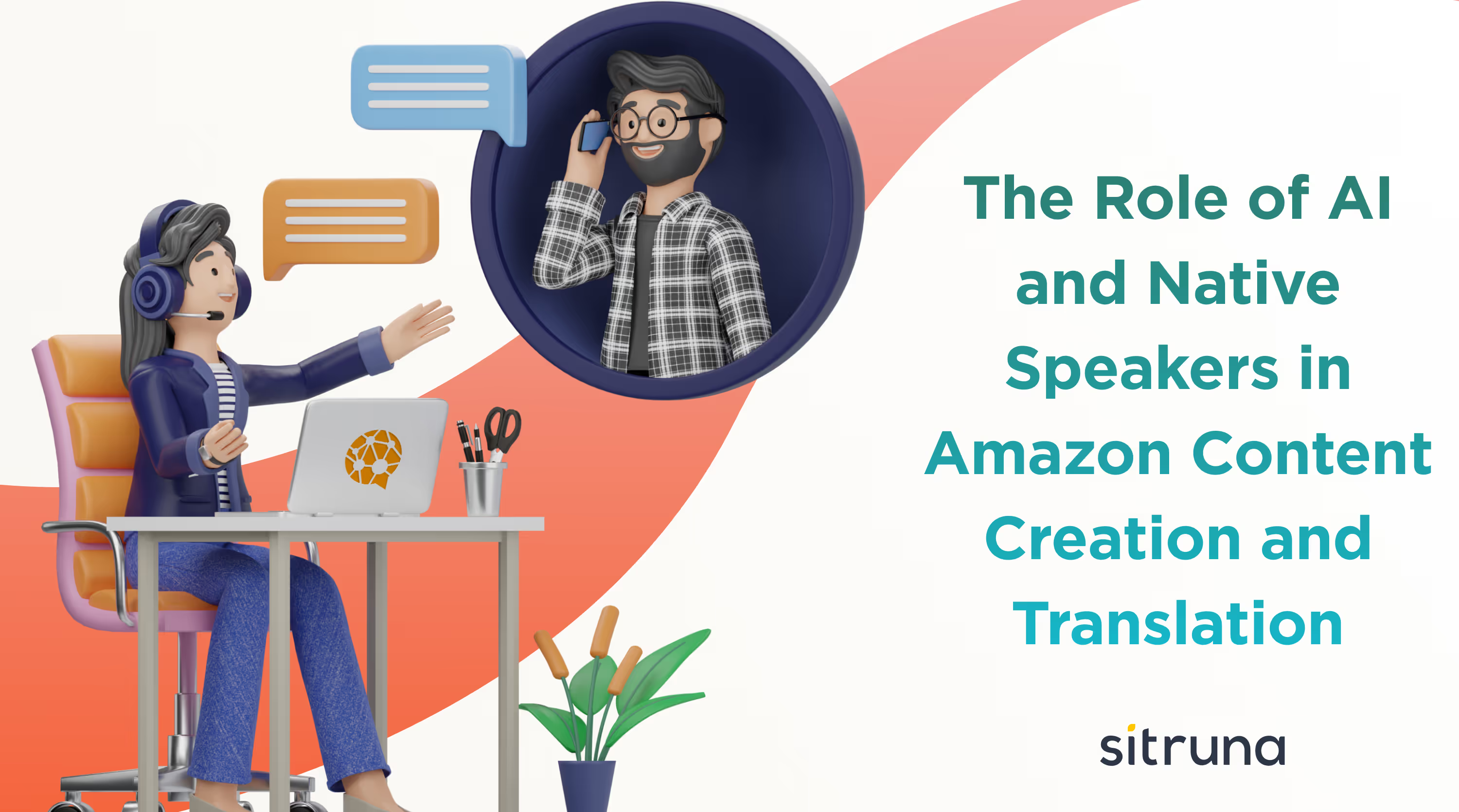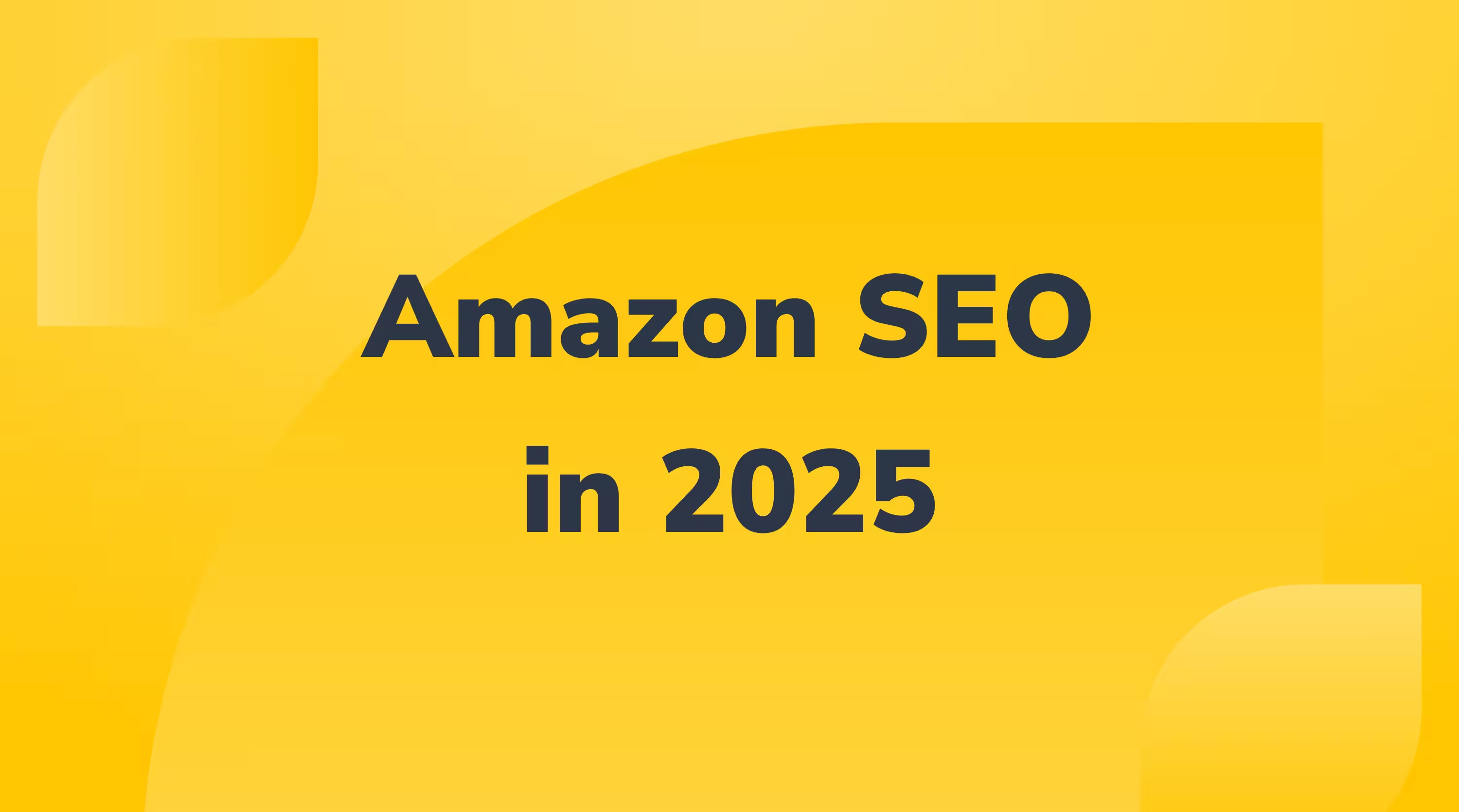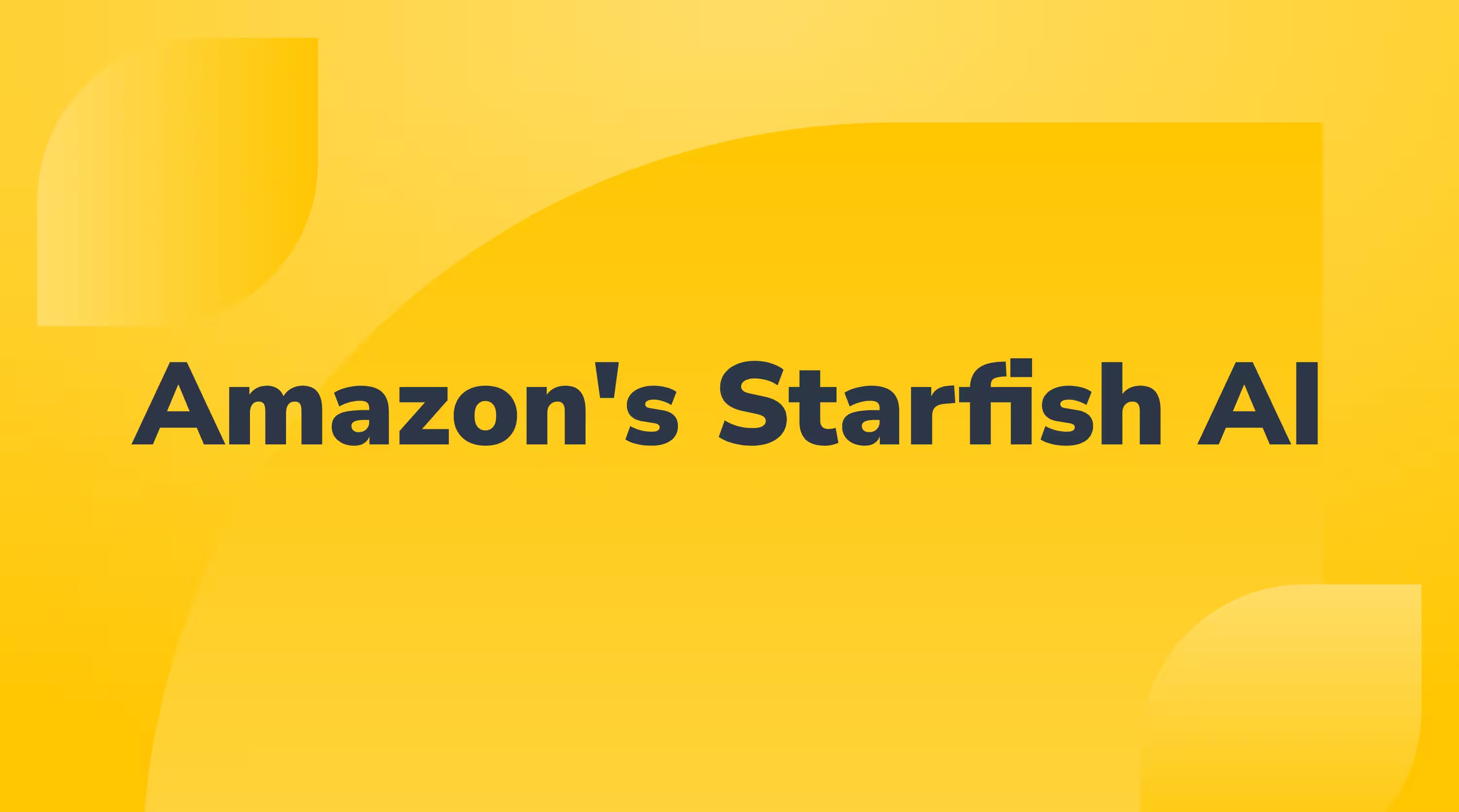The Role of AI and Native Speakers in Amazon Content Creation and Translation

At Sitruna, navigating the nuances of language and culture is crucial for our global e-commerce clients aiming to expand and succeed internationally. That's why we collaborate with Translate to Sell, specialists in creating and translating authentic, data-driven, and effective Amazon content that supports our client’s success in global marketplace expansion. Melanie van Breugel from Translate to Sell has penned an insightful blog post on the role of AI and native speakers in Amazon content creation and translation, highlighting why a hybrid approach is your ticket to global success.
The capabilities of artificial intelligence (AI) are transforming many industries, and Amazon is no exception. If you're reading this, you've probably thought about how AI tools, or even Amazon’s own listing builder, could enhance your content creation and translation, and potentially reduce costs. Let's dive into the conversation about AI and Amazon sellers and explore why sellers should adopt a balanced approach that leverages AI without solely depending on it.
First, let's give credit where it's due. AI undoubtedly provides a productivity boost when writing and translating content. Automated tools can quickly produce product descriptions, titles, and bullet points tailored to various languages and regions, using tools that understand context, tone, and even some cultural nuances. But (and this is a big but), AI isn't perfect.
Authenticity and creativity in content
AI-generated content, while efficient, often lacks that human spark. And it’s the authenticity and creativity that make brands stand out. Compelling narratives and engaging stories can create a connection with audiences that AI simply can't replicate. Think of it like the difference between a handwritten thank-you note and a mass-produced card.
Then it's important to consider the types of marketing materials that resonate in different countries.
Consider the differences between Germany and the USA. German marketing communication is often characterised by a more formal tone, prioritising directness and clarity, while American marketing tends to be more informal, focusing on innovation, individuality, and aspirational messaging. Directly translating American marketing materials for the German market, without the knowledge of a native, could result in ineffective communication. It may be that only small tweaks are required, but small tweaks can make a big difference in the authenticity of your brand when expanding into global markets.
SEO considerations
SEO is another area where local expertise is vital. The keyword phrases and search habits of an American user will differ from those of a German user. Conducting market-specific research and infusing local SEO phrases into your marketing material is essential for optimising visibility and engagement across different marketplaces. You can have a great translation, but without the keyword research and strategic placement of language-specific keywords in the listing copy and backend, you'll be left behind in terms of searchability.
Trigger words
A frequent issue we've encountered among sellers is AI-generated content and translations that include trigger words, leading to Amazon policy violations and suspended listings. This is definitely not the end goal. Many AI tools don't consider the policies, which is why a human with specific Amazon knowledge is vital. They can ensure your content complies with Amazon's policies, preventing such issues from arising.
We haven’t mentioned idioms
Did you know that in France, they “pay with monkey's money”. Well, of course they don’t, but an automated translator might tell you that. When in fact it’s an idiom they use to imply “to pay very little or nothing at all”.
Or take the English phrase “It’s raining cats and dogs.” If an AI translation tool translated that word for word, it might leave an Italian or Spanish reader scratching their head.
What I’m trying to get at is that, in general AI tools are great, and translation and CAT (Computer-Assisted Translation) tools are becoming increasingly more efficient for translation, but they often fall short in understanding and accurately conveying cultural nuances and localising content. These quirky language and marketing differences are where native speakers and local experts shine. They understand the subtleties and can ensure your message comes across natural and authentic with the local audience.
Investing in a fully optimised, well-translated, and data-driven Amazon product listing is invaluable, especially in a competitive environment. The benefits far outweigh the initial costs, ensuring your product stands out and succeeds.
The bottom line: embrace the hybrid approach
So, what's the takeaway? The future of AI in Amazon listing translation and content creation services is promising, offering vast opportunities for sellers and agencies alike. But remember, the human touch is irreplaceable. By combining AI’s efficiency with human creativity, cultural insight, and expert Amazon knowledge, you can create product listings that are compelling, authentic, and perfectly tuned to your audience, as well as the Amazon algorithm.
In the end, it’s not about choosing between AI and humans. It’s about leveraging the strengths of both. We can let AI handle some of the heavy lifting for initial drafts and data-driven insights, and let human experts polish and refine the final product. This balanced approach is your ticket to success in diverse global markets.
Thanks for reading, and happy selling!
Melanie van Breugel
Translate to Sell



